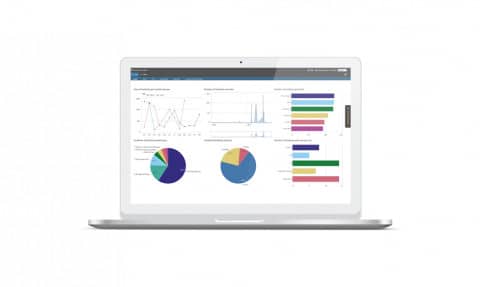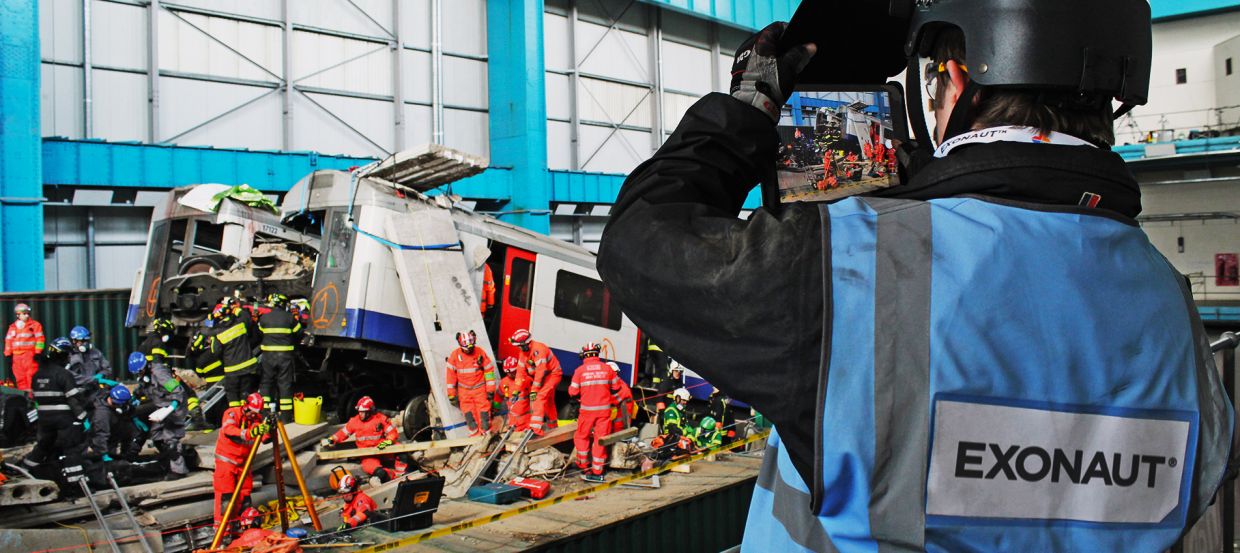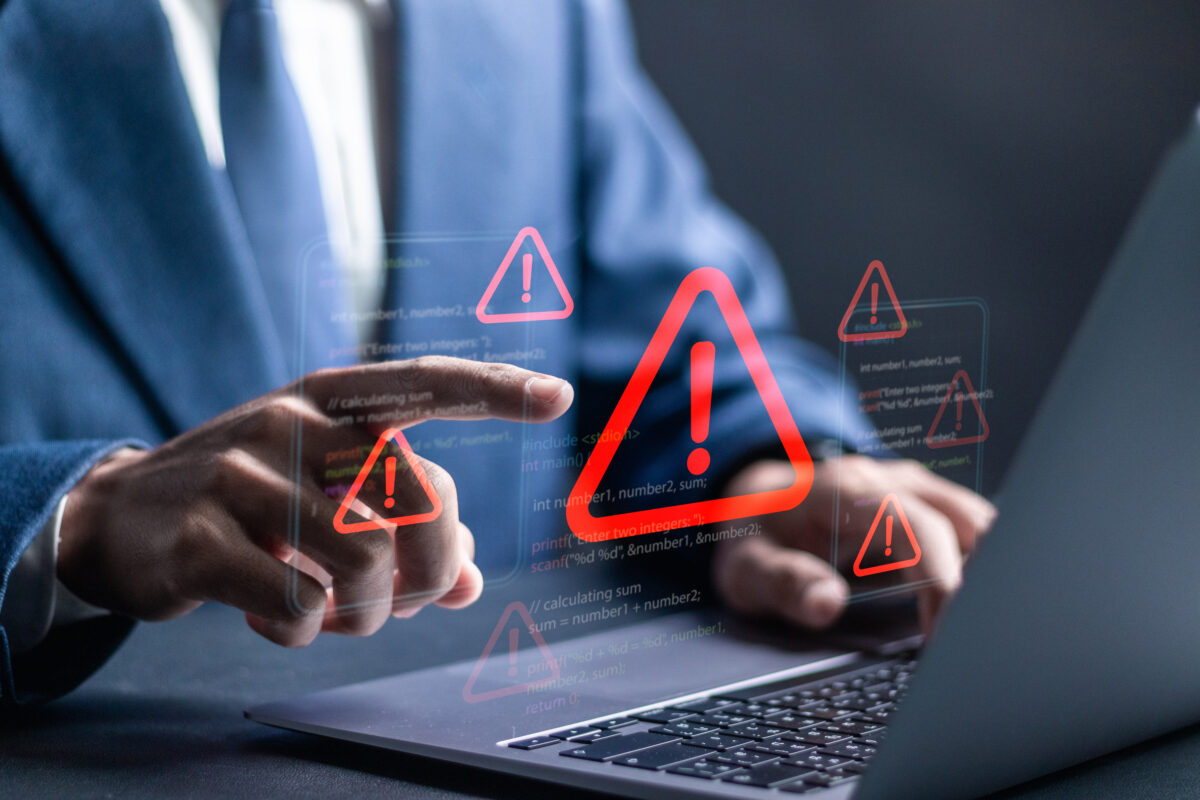In this part of our series on crisis management, 4C crisis management expert Klas Lindström talks about speed and how you must embrace it.
Speed kills in traffic. The same goes when being hit by a crisis. It is fair to say that the speed and ferocity of the pandemic was a shock to us all. Think back to those early days. How many of us, hand on heart, can say we could predict what was coming when we saw what was happening in Wuhan? Now we’ve seen how quickly Europe has been impacted by events in Ukraine as the situation moved from threats to war with over one million refugees in less than a week. And this is just the beginning.
But if we focus on the pandemic, the global economy and, in particular, the way the world travelled meant that Covid spread from eastern Asia to southern Europe and North America, long before it was detected. The speed of it caught the whole world out, but should it have?
A pandemic is not something new. Covid, the virus, may have been an unknown, but most countries have had plans and agencies in place to deal with pandemics for many years. Yet, the world was far from able to provide a functional response; the tragic failures of governments to respond effectively to the pandemic will be felt for decades. Home and work life have changed for good. Thankfully, we see signs in many countries that the pandemic is easing and a few false starts have helped us to prepare for this. What we didn’t expect was to move so quickly into a new global crisis that sees millions of people suffer, markets tumble and governments throughout Europe prepare for the worst.
But back to speed and the pandemic, where we’ve have seen this manifest itself in many ways. Digitalisation accelerated far quickly than previously expected bringing with it a rise in the number of cyberattacks. Quite simply, more digital operations and systems leaves more gaps for cybercriminals to exploit – particularly if these digital systems were rushed into place, as so many were, to cope with new ways of working during the pandemic.

“Digitalisation accelerated far quickly than previously expected bringing with it a rise in the number of cyberattacks. Quite simply, more digital operations and systems leaves more gaps for cybercriminals to exploit – particularly if these digital systems were rushed into place, as so many were, to cope with new ways of working during the pandemic.”
Klas Lindström, 4C Deputy CEO and crisis management expert
The spread of Information and misinformation was also supercharged as news agencies and trolls spread “the latest” on Covid mutations, vaccines, new medications, and threats. Information flashed around the world in seconds and was shared millions of times without proper sanity checks. Global movements were created as people took sides against one another based on hearsay shared on social platforms. The public sector had to quickly learn how to utilise digital channels to spread their narrative and cut through the noise.
Interestingly, the opposite has now happened in Russia as the state has rushed to close down media outlets such as the BBC to contain information, while other media organisations, such as Netflix, have begun to pull their services from the country.
But what about speed and crisis management in general? Crisis management professionals tend to say that a crisis is a situation where the circumstances are marked by considerable uncertainty and where significant values are at stake. Crises, as the above highlights move fast at the core and the peripherals where events unfold quickly. In such cases there is an urgent need to make decisions, based on limited or too much unreliable information. Speed is always part of a crisis, so you may as well embrace it.
Preparations through effective Business Continuity Management and crisis management training and exercises remains the best way to prepare. That and a powerful crisis software solution. This can act as tool for analysing and testing capabilities, a secure server for crisis plans / processes for remote team members, and a critical support tool for managing a crisis effectively.
-
4C Executive Vice President and crisis management specialist Klas Lindström has over twenty years of experience in supporting organisations within the private and military sectors. Read more about Klas here.
Software
Book a Free Demo
Request a live demo, customised to your needs, to see how Exonaut can take your incident and crisis management to the next level.
Yes, I want a demo
Get in contact
Incident and Crisis Management Services
Our services cover each phase of the emergency and crisis management life cycles – preparation, response and recovery – and integrates them with risk management and business continuity to ensure organisation-wide resilience.











